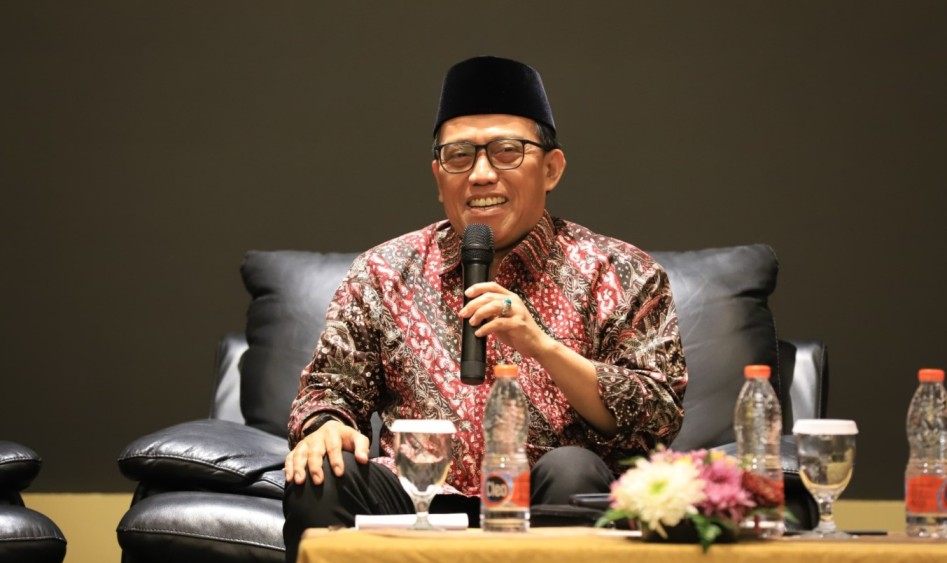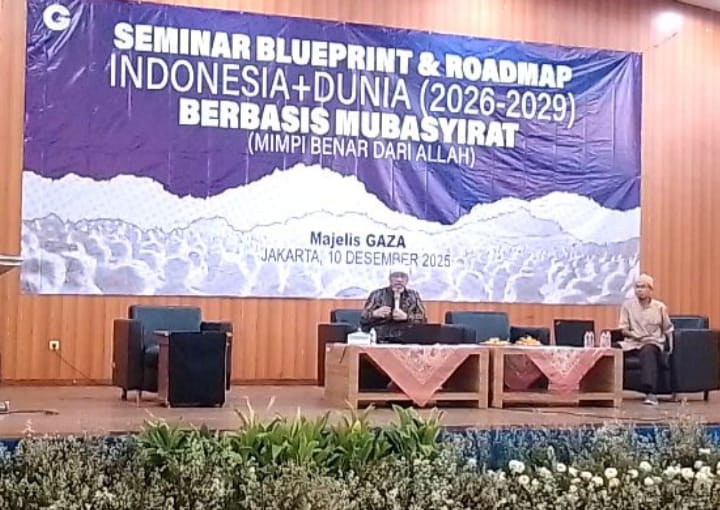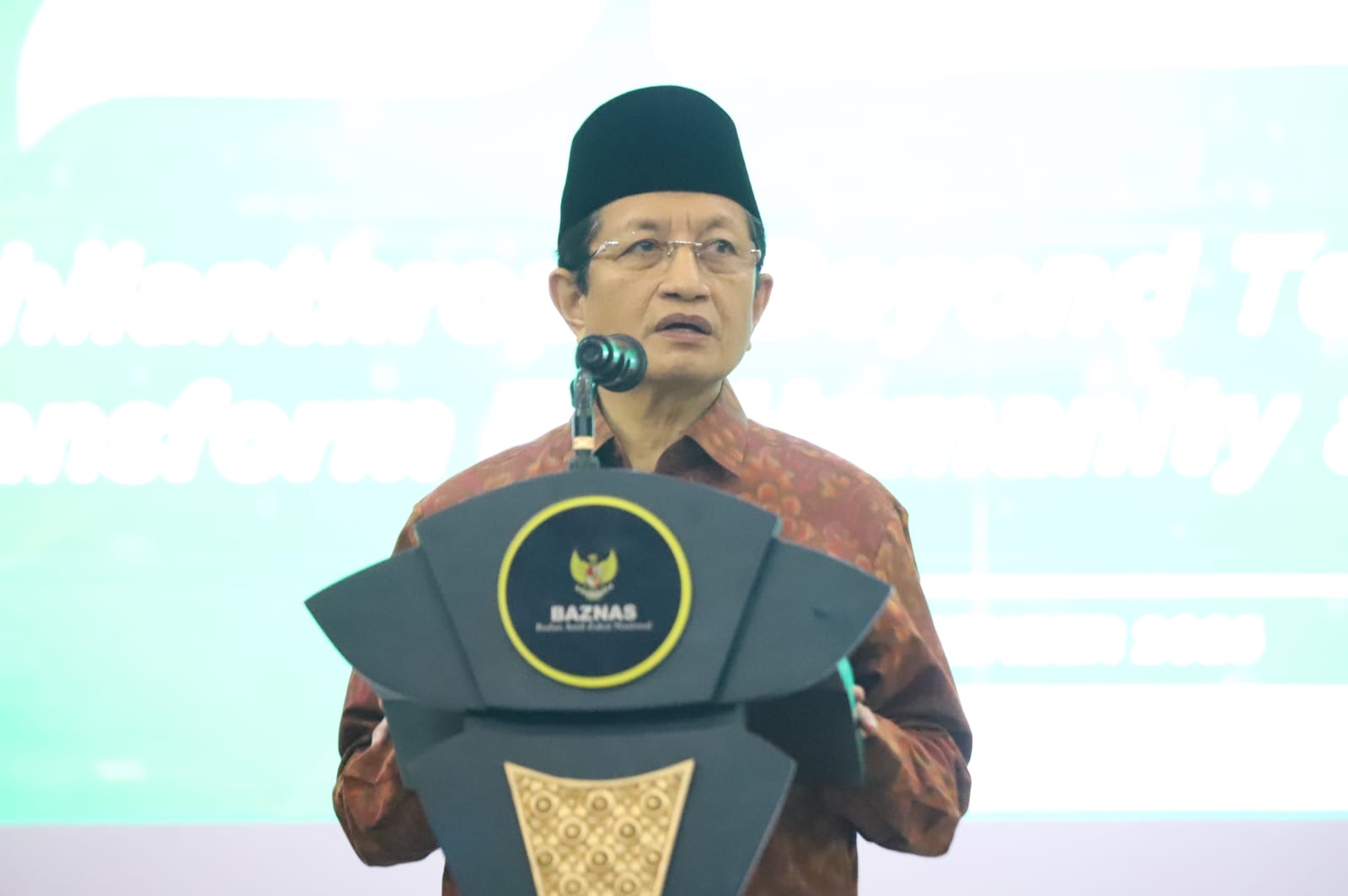Muslim scholars available 24/7 at Makkah’s Grand Mosque to help worshippers

Jakarta (Indonesia Window) – More than 30 Muslim scholars are available around the clock at the Grand Mosque in Makkah to answer worshippers’ questions on the correct performance of umrah rituals and give fatwas.
A fatwa is a legal ruling on a point of Islamic law given by a qualified jurist in response to a question posed by a private individual, judge or government.
The move to ensure Shariah-compliant umrah performance comes as the General Presidency for the Affairs of the Two Holy Mosques steps up preparations for the holy month of Ramadan.
After the presidency resumed plans for full-capacity worship, its guidance affairs administration intensified efforts to assist worshippers from a range of nationalities.
“These scholars are working inside the Grand Mosque around the clock. They can easily be reached as they are available at seven spots inside the mosque,” Sheikh Badr bin Abdullah Al-Furaih, deputy president for guidance affairs, told Arab News.
The presidency is also expected to increase the number of these scholars during Ramadan. These scholars work in four shifts, with four working hours for each scholar.
Four offices have also been allocated to allow visitors to seek advice through the toll-free numbers 800 1222 400, and 800 1222 100, he added.
Worshippers can also have their questions answered by guidance robots available at the Grand Mosque.
In the first quarter of 2021, more than 23,000 visitors benefited from the service, which was provided through the ‘We Guide You in Your Language’ program and set up at seven locations inside the mosque.
The presidency has also recruited interpreters to help handle worshippers’ inquiries.
Al-Furaih said that 12 interpreters are on hand to guide umrah performers and visitors to the Grand Mosque, and instruct them during their rituals.
Advice is available in seven languages, namely English, Urdu, Persian, French, Turkish, Hausa and Bengali.
Non-Arabic speaking visitors can also choose between these languages when using robots and toll-free numbers to seek a fatwa or guidance, he added.
Commenting on which of the four Sunni schools of Islamic jurisprudence these scholars follow in their fatwas and instructions, Al-Furaih said that the scholars give answers based on the Holy Qur’an and the Sunna, as well as the viewpoints of eminent Muslim scholars (ulama).
“In their fatwas and instructions, these scholars count on the fatwas issued by the Permanent Committee for Ifta (fatwa),” he said.
Source: Arab News
Reporting by Indonesia Window

.jpg)








